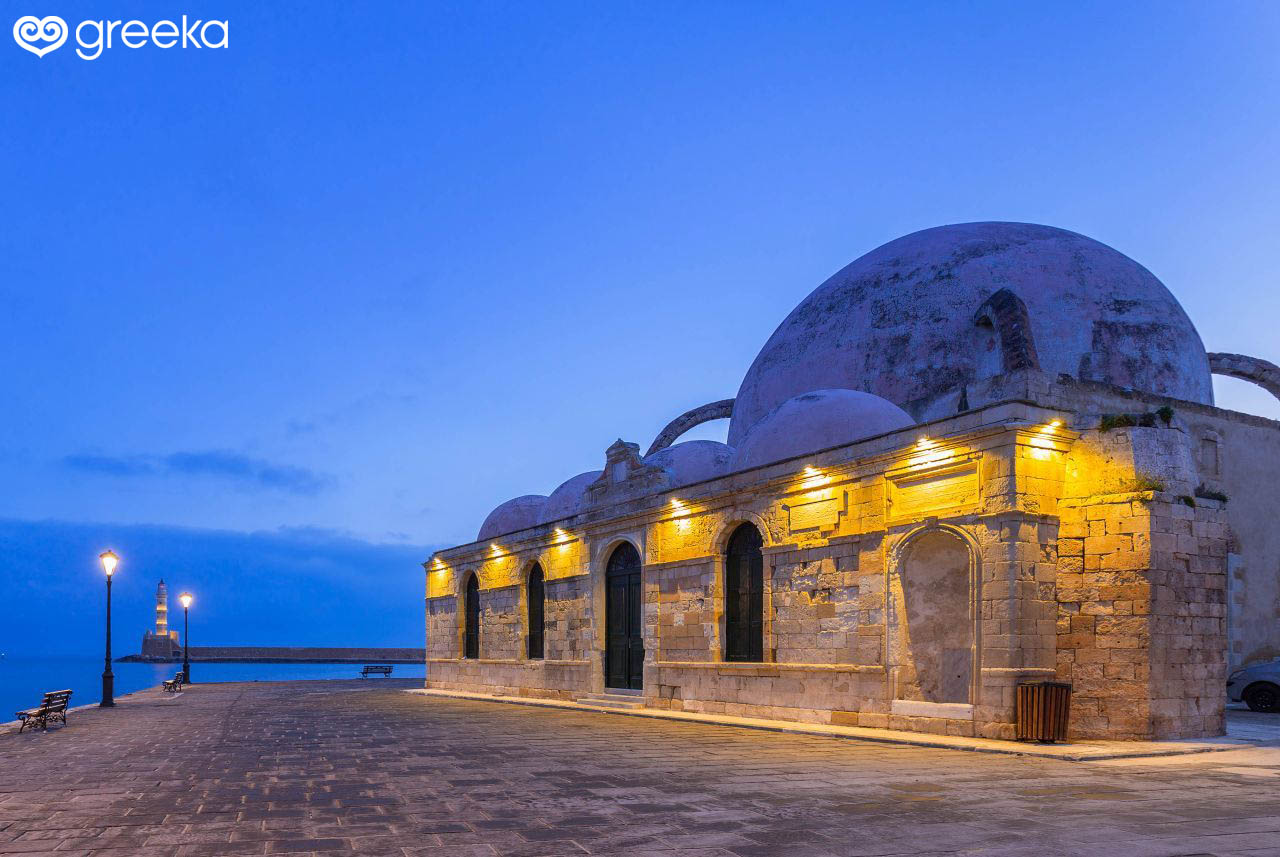Greece Ottoman history

Information about the history of Greece during Ottoman occupation and war of independence.
The Ottomans Occupation
After it fell to the Ottomans, Constantinople was renamed Istanbul. The Ottoman state was a theocracy and its political system was based on a hierarchy with the Sultan at the top, having absolute divine rights.
The Ottomans divided the non-Muslim community into millets: Armenian, Catholic, Jewish, and Orthodox, giving to each millet a large part of autonomy. The ruler of the millet was the religious leader who was responsible for the obedience of the subjects to the Sultan. The head of the Orthodox millet was the Ecumenical Patriarch of Constantinople. The patriarch had much power and played an important role in the development of the Greek Orthodox society the times of the Ottoman occupation.
The Ottoman state had a decentralized administration. They designed local military leaders and later the Empire was divided into regions that were governed by Pashas. Official contact was limited to tax collection and military conscription. The Orthodox priests and Christian primates collected taxes and maintained order but on the other hand, they kept the Greek language and traditions alive and allowed keeping the national identity.
The Ottoman system discriminated the non-Muslim population by imposing special taxes like the head tax and tax for freedom. Those centuries, many Greek families moved to other countries, mostly Romania, Russia, Italy, and Austria, where they were dealing with trade.
These Greek communities abroad played an important role in the development of the Greek identity and helped economically their occupied homeland. They were influenced by all the modern currents, including the ideology of revolution. Many diaspora Greeks became rich and helped by founding schools and other public institutions back home. Movements for independence started to multiply at the beginning of the 19th century. This was when the "Filiki Eteria" was founded, a secret movement that aimed to start the revolutionary war of Greece.
The War of Independence
On March 25th, 1821, after four centuries of Ottoman occupation, the Greek Revolution broke out. Sporadic revolts against the Turkish broke out in the Peloponnese and the Aegean islands by some determined guerrilla fighters. A year later, the rebels had set the Peloponnese free and the independence of Greece was declared in January 1822 by the National Assembly of the Greeks.
The Greek cause created a feeling of philhellenism from foreigners all over Europe. Many of them came to Greece to fight and die for the country. The determination of the Greeks and the Philhellenes finally won the support of the Great Powers: Russia, United Kingdom, and France. The Great power asked the Turkish Sultan to drawback. The Turks refused and the Great Powers sent their naval fleets to Navarino, destroying the Egyptian fleets that were helping the Turkish forces.
A Greco-Turkish arrangement was finally signed in London in 1829 which declared Greece an independent state with Ioannis Kapodistrias as his first governor. Once the War of Independence came to an end, Greece fell into a period of disillusion. The first state included Peloponnese, Sterea, the Cyclades islands and the Saronic islands. The country was very poor, the landowners were asking for their ancient privileges while the peasants wanted a redistribution of the land.
After the assassination of Kapodistrias in Nafplion, the Bavarian Prince Otto was named the King of Greece. He governed for many years till 1862, when he was exiled for ignoring the Greek Constitution. The next king was Danish, King George I. As a gift to Greece, the United Kingdom to the new king the Ionian islands, that were under British occupation till then. King George, I ruled the country for 50 years and brought stability and a new Constitution which specified the monarchic powers.
Read previous: Byzantine Period | Read next: Twentieth Century


